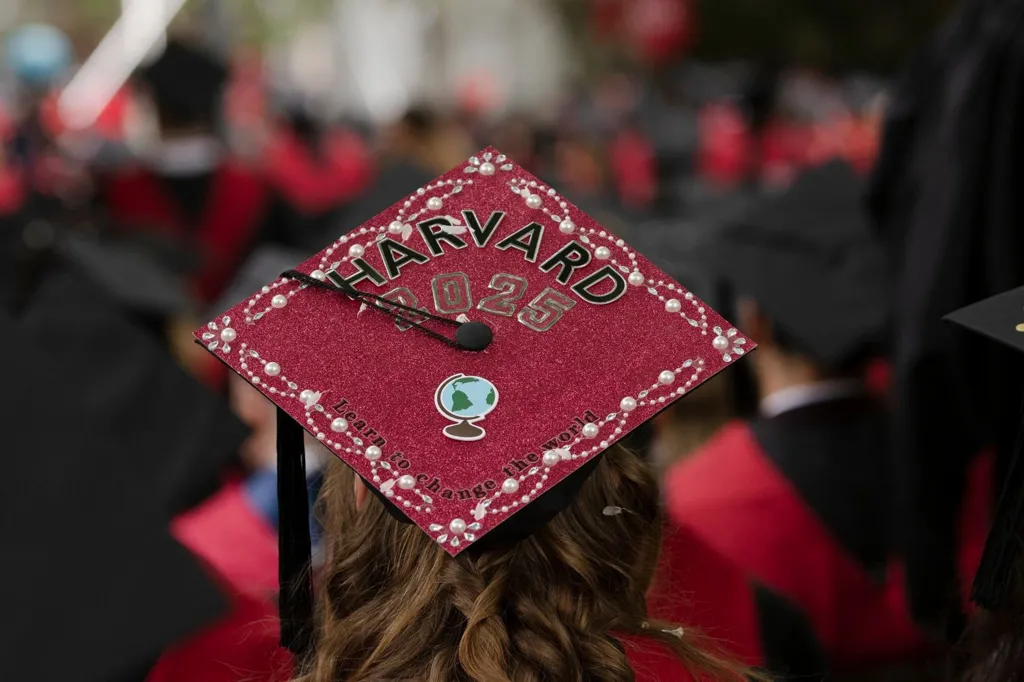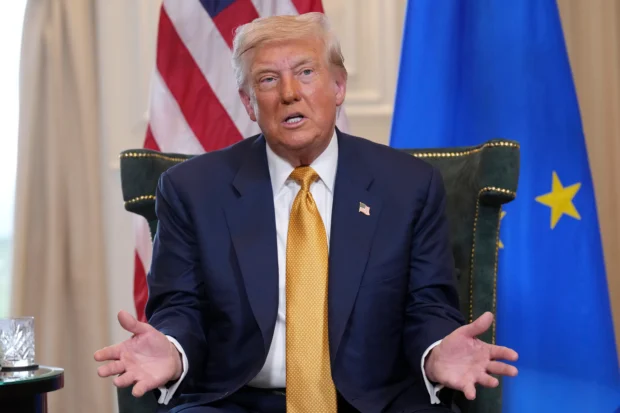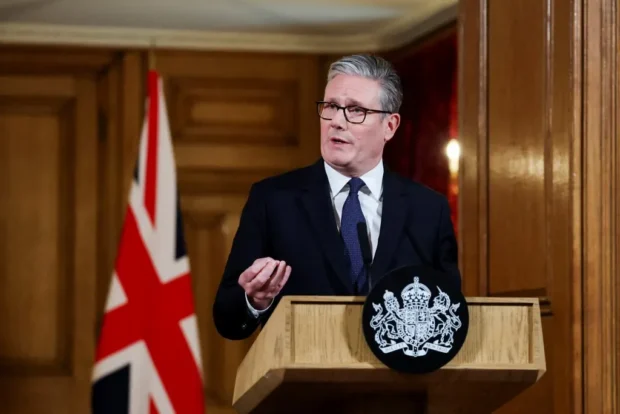
Lawyers for the Trump administration and Harvard University will face each other in a Boston courtroom Monday with billions in federal funding hanging in the balance.
The White House has frozen over $2bn in federal grants to Harvard, demanding changes to the university’s hiring, admissions and teaching practices to combat antisemitism and eliminate DEI programs focused on diversity, equity and inclusion. The administration has also blocked Harvard’s access to visa systems for international students.
Harvard has filed lawsuits seeking summary judgment, hoping for a swift decision based on established facts without a full trial. The hearing will take place before US District Judge Allison Burroughs, who has previously ruled in Harvard’s favor regarding the foreign student visa dispute.
While an immediate ruling after Monday’s hearing is unlikely, Harvard’s attorneys have requested a decision by September 3, the deadline the administration has set for Harvard to conclude its federal grant obligations. Any eventual ruling will likely face appeals and could reach the Supreme Court.
In their June filing, Harvard’s legal team argued that the White House violates First Amendment free speech protections by restricting the university’s rights “to decide what to teach, to express certain views, and to petition the courts to defend itself.” Harvard also contends that the administration failed to follow proper procedures for suspending federal funds and that the actions are punitive with no rational connection to stated concerns.
Justice Department lawyers countered that federal funding carries “explicit conditions” requiring support for government policies, writing that grants face cancellation when universities “fail to meet these conditions.” Government attorneys also want the case transferred to the Federal Court of Claims, which handles only financial disputes against the federal government.
President Trump has indicated his actions against Harvard may be negotiating tactics, stating “I think we’re probably going to settle with Harvard.” A White House spokesperson expressed confidence that “Harvard will eventually come around and support the president’s vision, and through good-faith conversations and negotiations, a good deal is more than possible.”
The Harvard dispute represents part of broader administration pressure on elite Ivy League institutions. US Immigration and Customs Enforcement recently subpoenaed Harvard for international student information, while Trump has suggested ending Harvard’s tax-exempt status.
Columbia University agreed to administration demands in March, including banning face coverings at protests and reviewing admissions policies, after facing threats to $400m in funding. However, these concessions did not fully satisfy the administration, and the Department of Education has since threatened to revoke Columbia’s accreditation.
The outcome of Monday’s hearing could establish important precedents for federal funding relationships with universities nationwide.












Be the first to leave a comment